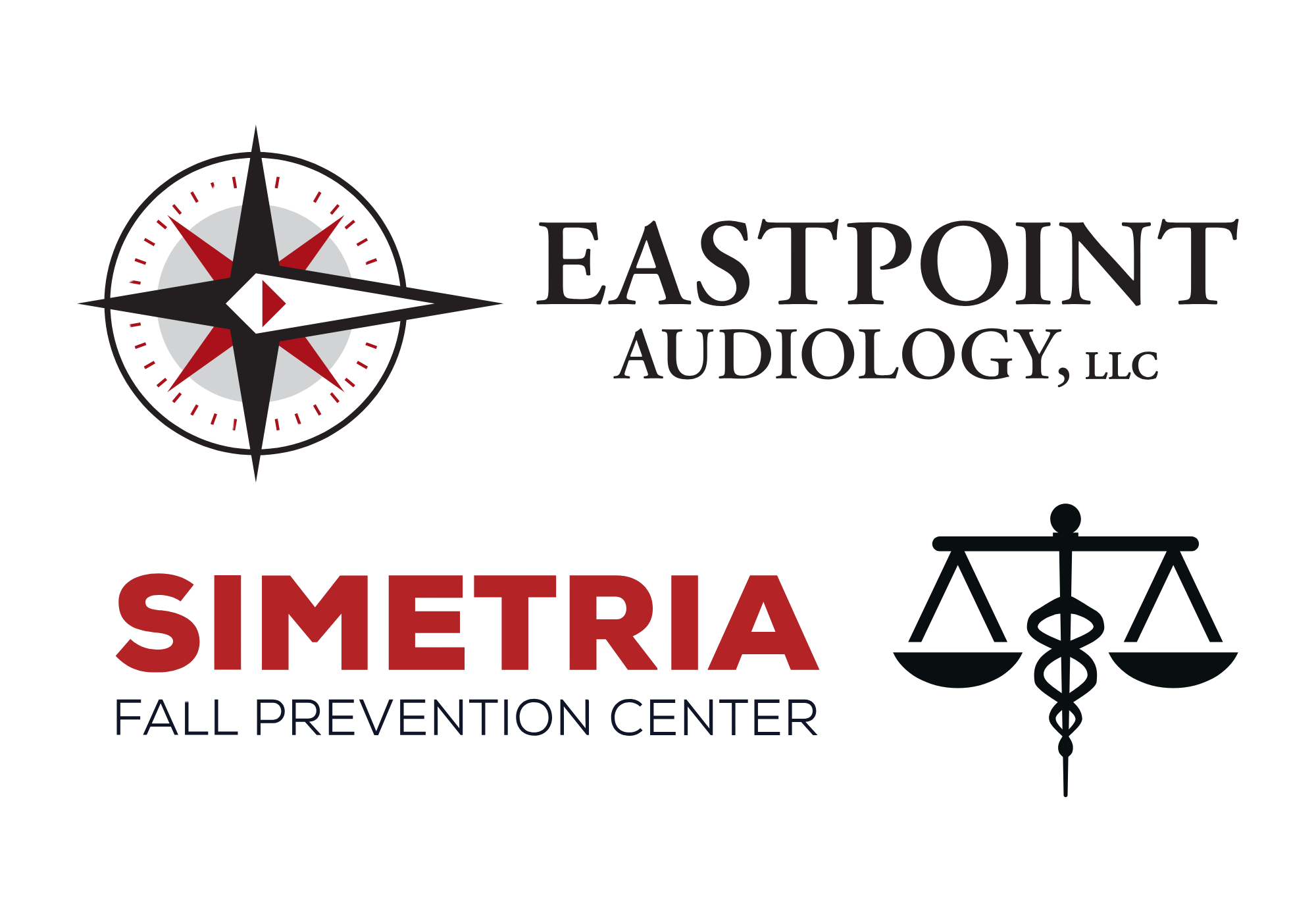Most individuals aren’t proactive about the health of their hearing and probably haven’t had a hearing screening since grade school because it’s typically not part of a routine adult physical. The good news: Hearing exams are easy, painless, and provide a wealth of insight to professional hearing specialists, both for identifying hearing problems and determining whether treatments like hearing aids are working.
You might not get a lollipop after your full audiometry test, which is more involved than you probably recall from your childhood, but you will get a deeper understanding of your hearing health. There are three common kinds of hearing tests, each of which will supply different perspectives about your hearing.
Pure tone testing
We usually think of sound as measured in decibels, but decibels just indicate the loudness of a sound. Another important aspect is pitch or tone which measures the frequency of sound. It’s measured in Hertz (no relation to the car rental agency), with a low bass sound measuring around 50-60 Hz, and general speech ranging from 500 to 3,000 Hz. 20 to 20,000 Hz is the spectrum of frequencies that a healthy human ear can hear.
With a pure tone hearing test, your hearing specialist will have you don a pair of headphones which are hooked up to an audiometer. You may also use a device called a bone oscillator which sounds alarming but just measures how well your bones conduct sound. Pure tones are presented to one ear at a time, and you signal (by pushing a button or raising a hand) when you hear a sound.
The lowest volume that you can hear the tones will then be tracked. Whether your hearing loss is more pronounced on one side than the other, what frequency of sound you have the most trouble hearing, and generally how well your ears are working, will be gauged by this test.
Speech audiometry
This type of test measures your ability to accurately hear spoken words, again with sounds being played through headphones. In some circumstances, you’ll be asked to repeat recorded words that are spoken while there is background noise. Your hearing specialist will, in other circumstances, have you repeat words they are saying, but their mouths will be hidden from view.
Hearing individual words means you can’t rely on context to understand what’s being said, and being unable to see the speaker’s mouth keeps you from lip reading (something you might not even know you’ve been doing). Rhyming words, let’s say crime, time, dime, and climb, can be hard for individuals suffering from high-frequency hearing loss to differentiate.
Rather than simply looking at the volume or threshold needed for hearing, as tone testing does, speech audiometry measures your ability to make sense of the sounds you hear. Whether hearing aids will be helpful is another thing that word recognition testing can help identify.
Immittance audiometry
This type of testing normally won’t cause pain, but it may be a little uncomfortable. In tympanometry, a little probe is inserted in your ear, and air flows through it to artificially alter your ear’s pressure. Your hearing specialist will get a graph readout that displays how well your eardrum functions, which can indicate whether there’s a potential issue like impacted earwax or a perforation.
Your ears have reflexes that are checked by a similar probe. Muscles in your ear automatically contract when you are exposed to loud sound. It will be easier for your hearing specialist to determine the extent of your hearing loss when they know the level of noise necessary to trigger this reflex. There’s no reflex response in individuals who have extreme hearing loss.
It’s important to include immittance testing because it helps diagnose conductive hearing loss, which is when problems occur in the little bones inside of the ears and can happen at the same time as age-related or noise-induced hearing loss.
Are you having difficulty hearing? Get it tested! We can help you better understand your hearing health, educate you on what you can do to preserve healthy hearing, and let you know what your treatment options are if you have hearing loss or tinnitus.

